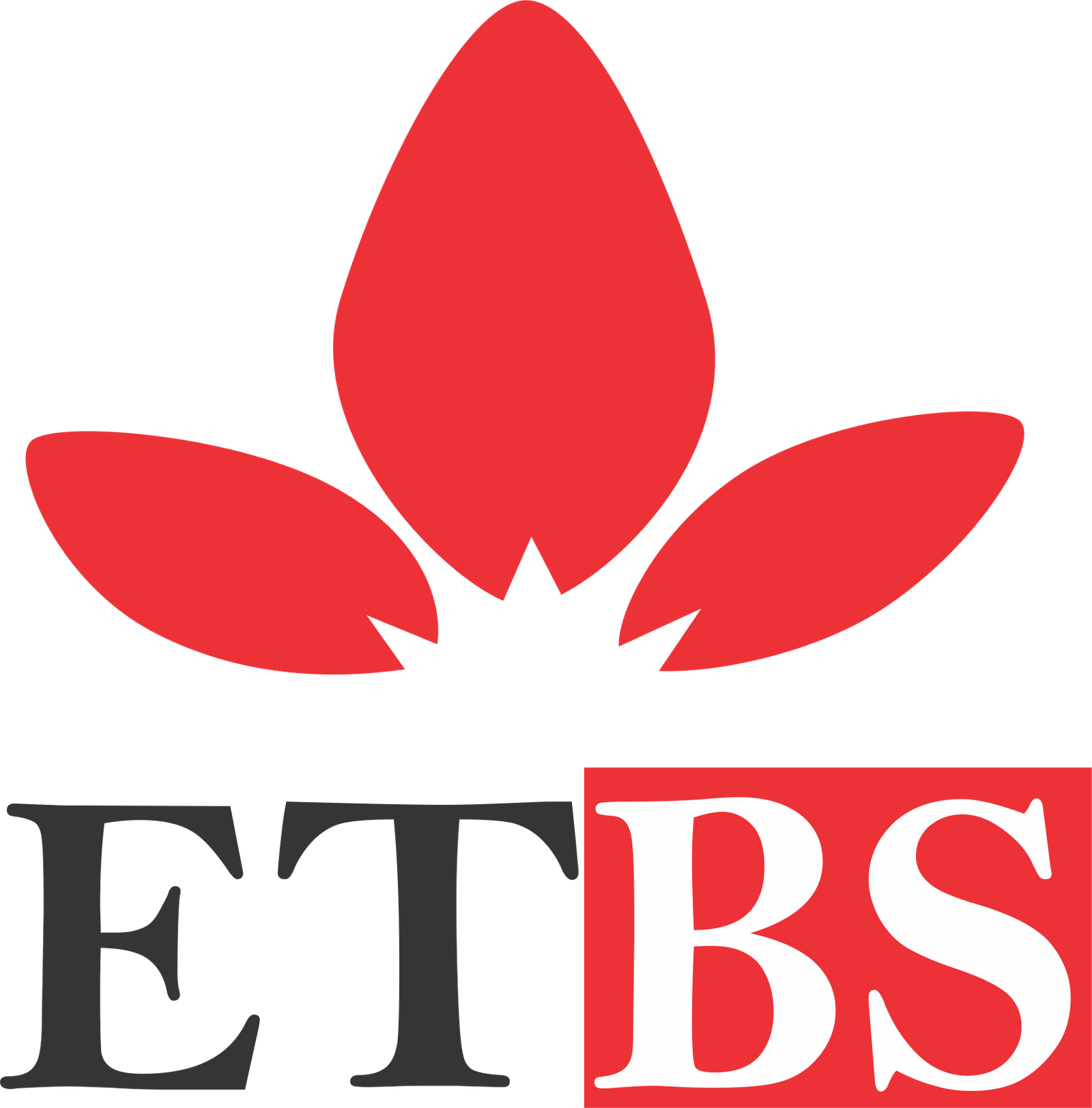 EarthTab Business School
EarthTab Business School
☰
|

Welcome to EarthTab Business School. My name is Aisha Lawal, and I will be your course preceptor for the course, Anti Fraud Practices in Real Estate.Fraud within the real estate industry has emerged as one of the most persistent, costly, and disruptive challenges across global property markets. Real estate transactions often involve large sums of money, complex legal documentation, and a diverse network of professionals, lawyers, agents, surveyors, financiers, developers, and regulators. Because of this complexity and the high financial stakes involved, the sector has become an attractive target for fraudsters, criminal syndicates, and unethical actors who exploit loopholes, ignorance, and the lack of rigorous verification processes. The Anti-Fraud Practices in Real Estate course is designed as a comprehensive, multi-dimensional, and professional training program aimed at equipping you with the essential knowledge, strategies, and skills required to identify, prevent, and mitigate fraudulent activities in the real estate sector. The course goes far beyond theoretical understanding; it integrates practical techniques, case studies, international best practices, and technological innovations to provide participants with holistic competence in combating fraud. Real estate fraud is not confined to one region, it is a global menace with varying manifestations across different countries: In developed nations, mortgage fraud, title fraud, wire transfer scams, and synthetic identity fraud dominate. In developing countries, fraudulent sales of government land, double allocation of property, forged documents, and unregistered estate agents are rampant. Rental scams, false advertising, and fake listings have become widespread through online platforms and social media. The losses are staggering. According to several property and financial crime reports, billions of dollars are lost annually due to real estate fraud. Beyond financial loss, fraud also undermines investor confidence, disrupts housing markets, erodes trust in real estate professionals, and contributes to broader economic instability. As urbanization accelerates, more people seek to buy, lease, or invest in property. At the same time, criminals are leveraging sophisticated tactics, digital fraud tools, and cross-border syndicates to exploit unsuspecting victims. This dual reality makes it imperative for real estate practitioners, regulators, and investors to gain in-depth training in anti-fraud practices. The primary aim of this course is to build fraud-resilient real estate professionals who can safeguard transactions, detect irregularities, uphold ethical standards, and protect the interests of clients, organizations, and the broader society. The course aspires to transform you from a passive practitioner into a proactive guardian of integrity in the real estate ecosystem. Course Objectives By the end of this course, you will be able to: Develop a comprehensive understanding of the nature, types, and scope of fraud in real estate. Identify fraud risk indicators and apply risk assessment models to real estate transactions. Gain in-depth knowledge of the legal and regulatory frameworks that govern real estate and anti-fraud measures in their jurisdiction. Master preventive techniques, including document verification, digital due diligence, and ethical practices. Acquire investigative skills to detect fraud, gather evidence, and liaise with law enforcement and regulatory bodies. Leverage modern technology solutions such as blockchain, artificial intelligence, and PropTech to enhance fraud prevention. Analyze real-world case studies to extract practical lessons and avoid repeating common mistakes. Build an organizational culture of accountability, transparency, and compliance in real estate firms. Strengthen their ethical decision-making and professional responsibility. Position themselves as trusted experts in an increasingly competitive and fraud-prone real estate environment. Each module will consist of expanded explanations, real-life examples, interactive discussions, and practical activities. Quizzes and case-based assessments will reinforce learning outcomes and prepare you for the final comprehensive exam. Financial Protection: Equips you with the tools to prevent financial losses for themselves, their clients, and their organizations. Professional Integrity: Helps establish credibility and trust, which are essential currencies in real estate transactions. Legal Compliance: Strengthens awareness of laws, regulations, and penalties, reducing exposure to legal liabilities. Global Relevance: Designed with international best practices, ensuring learners can apply their knowledge across borders. Technological Adaptation: Prepares you for the digital transformation of real estate fraud prevention. This course will adopt a multi-layered pedagogical approach: Lectures & Readings: To build strong theoretical foundations. Workshops & Simulations: To engage learners in practical fraud detection and prevention activities. Case Studies: To apply concepts to real-world scenarios. Guest Sessions: Insights from fraud investigators, regulators, and legal professionals. Digital Tools Training: Practical demonstrations of verification technologies and PropTech solutions. Graduates of this course will gain: Enhanced professional competence in fraud prevention and compliance. Stronger positioning as trusted real estate experts. Improved employability and career advancement opportunities. Capacity to serve as advisors, consultants, or compliance officers within real estate firms, banks, and government agencies. Competitive advantage in an industry where reputation and trust are the foundations of success. The Anti-Fraud Practices in Real Estate course is not just another academic module, it is a strategic empowerment tool for anyone navigating the complex, high-stakes, and increasingly fraud-prone property sector. By completing this program, you will emerge as a vigilant, skilled, and ethically grounded professional capable of safeguarding property markets against fraudulent practices, thereby contributing to sustainable, transparent, and trustworthy real estate systems globally. I look forward to congratulating you upon completion of this course.Course Overview
Context and Rationale
Course Aim
Why This Course is Important
Learning Approach
Career and Professional Benefits
Conclusion

Unlocking Professional Potential through world-class assessments and industry-ready training.
"Empowering Professionals through practical, accessible online business education"
- Blessing Princess Agho
 Founder/Lead Instructor
Founder/Lead Instructor